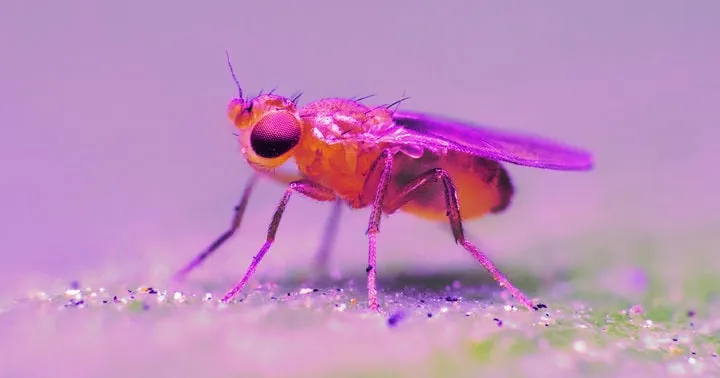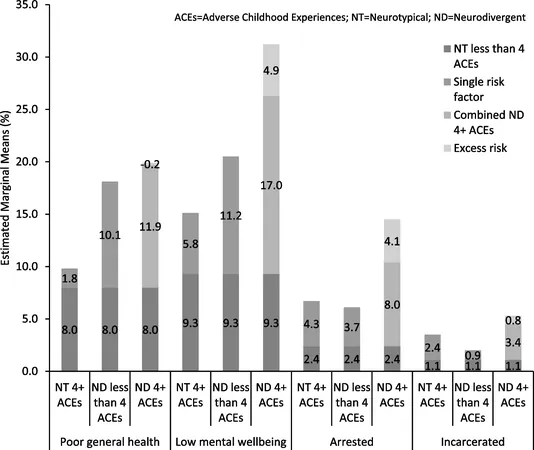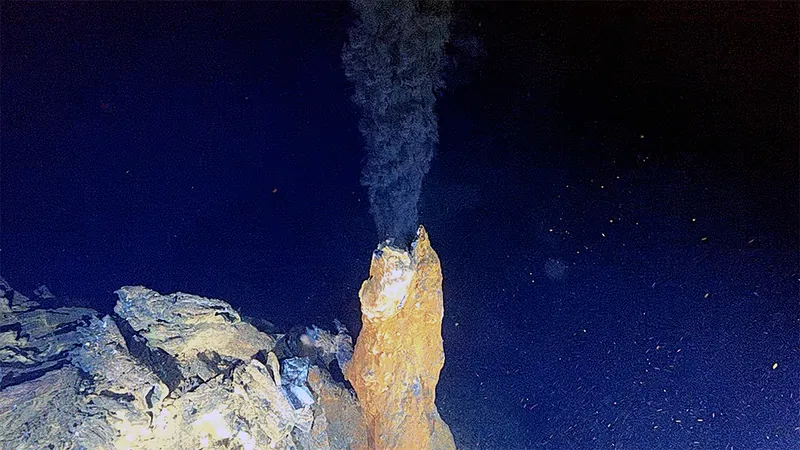
China's Tiangong Space Station Welcomes Fruit Flies to Pave the Way for Space Biology Research
2024-12-07
Author: Siti
Are There Flies in Space? Yes!
In an exciting development for space biology, China's Tiangong space station has recently doubled its unique residents with the addition of fruit flies! Following the arrival of a new team of astronauts, the space station welcomed these tiny creatures that were transported aboard the Tianzhou 8 resupply mission, which successfully docked with the orbital facility on November 15.
Fruit Flies for Science!
The group of fruit flies consists of 15 adults and 40 pupae, and they are set to contribute significantly to our understanding of biological processes in a microgravity environment. According to Zheng Weibo, a researcher at the Shanghai Institute of Technical Physics, the main objective of this experiment is to explore how fruit flies adapt at a molecular level in microgravity and "sub-magnetic" conditions—essentially, environments that mimic the absence of Earth’s magnetic shield.
Understanding Our Cosmic Shield
The Earth's magnetic field is not just a backdrop; it plays a crucial role in safeguarding living organisms from harmful cosmic radiation. The environment of deep space exposes astronauts to various risks due to the lack of this protective magnetic shield. As researchers aim to understand how organisms, including humans, may fare in such conditions, studies on fruit flies provide a cost-effective and efficient approach. Zheng remarked on the significant impact of magnetic fields on living beings, which becomes even more critical as we prepare for longer space missions, such as those intended for Mars.
Why Fruit Flies? The Genetic Connection
Fruit flies are a staple in genetic and biomedical research, and their use in space experiments is no coincidence. Surprisingly, they share a considerable portion of their genetic makeup with humans, making them an invaluable model for studying genetic functions and ailments. They reproduce quickly, with a life cycle of about two weeks and the ability to produce hundreds of offspring, providing researchers with ample data across generations. They also require less complex living conditions compared to mammals, making them perfect candidates for space experiments.
Looking to the Future
In addition to studying fruit flies, China has plans to send mice to the Tiangong space station for further research on their nervous systems, bone density, and other physiological aspects critical for long-term space travel. As the world pushes the boundaries of exploration, the findings from these experiments could prove essential for human survival in future interstellar missions.
Stay tuned for more updates as China continues to explore the wonders of space, paving the way for future human adventures beyond Earth!



 Brasil (PT)
Brasil (PT)
 Canada (EN)
Canada (EN)
 Chile (ES)
Chile (ES)
 España (ES)
España (ES)
 France (FR)
France (FR)
 Hong Kong (EN)
Hong Kong (EN)
 Italia (IT)
Italia (IT)
 日本 (JA)
日本 (JA)
 Magyarország (HU)
Magyarország (HU)
 Norge (NO)
Norge (NO)
 Polska (PL)
Polska (PL)
 Schweiz (DE)
Schweiz (DE)
 Singapore (EN)
Singapore (EN)
 Sverige (SV)
Sverige (SV)
 Suomi (FI)
Suomi (FI)
 Türkiye (TR)
Türkiye (TR)